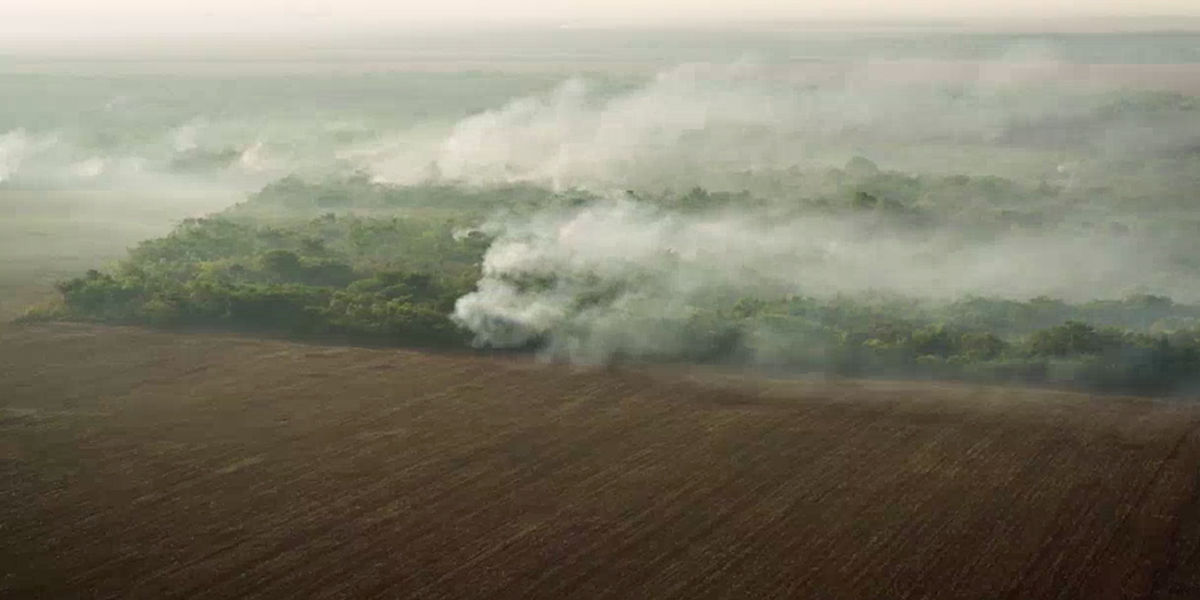World news has been dominated in recent weeks by the Amazon fires that are pushing the world's largest tropical forest – home to countless species and more than 34 million people, including around 400 indigenous peoples – to the brink of collapse.
With the dry season only just beginning, thousands of fire outbreaks continue to consume important areas of forest in the Brazilian and Bolivian Amazon, and in other regions such as the Chiquitano Forest, the Chaco, the Pantanal and the Cerrado, in both Bolivia and Paraguay. And the Amazon is not the only place where this is happening. Indonesia and Russia, home to iconic species such as orangutans and tigers, have also experienced record levels of wildfires.
While forest fires do occur naturally, the vast majority are caused by human activities and are linked to deforestation and forest degradation. The hotter and drier weather caused by climate change is also becoming an increasingly important factor.
We are already seeing the resulting harm from the fires, including wildlife deaths, smoke-related health problems, and threats to local livelihoods. But the ongoing destruction is likely to have broader impacts – inflicting widespread economic damage, threatening the survival of species, and contributing to climate change: in fact, a global problem that affects us all.
While the warning signs are grim, it is heartening to see that many individuals, communities and organizations – ourselves included – from around the world are trying to stop the fires and are calling on government leaders to address the causes of deforestation.
At WWF, we have worked tirelessly to protect forests for people and nature, including in the Amazon, for many years. And we will continue our work to halt deforestation and promote forest restoration – to ensure there is a living planet for years to come.


